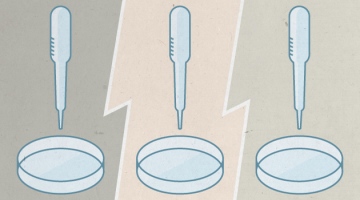Psychology Is in Crisis Over Whether It’s in Crisis
The psychology establishment is fighting back against an attack on its reliability. But it might be letting emotion get in the way.

Send us a link
The psychology establishment is fighting back against an attack on its reliability. But it might be letting emotion get in the way.

Recommendations from the Federation of American Societies for Experimental Biology.
Mistakes in peer-reviewed papers are easy to find but hard to fix.
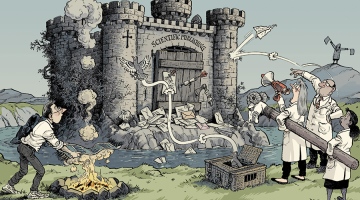
Reproducibility should be at science’s heart. It isn’t. But that may soon change.

The biotech company Amgen Inc. and prominent biochemist Bruce Alberts have created a new online journal that aims to lift the curtain on often hidden results in biomedicine: failed efforts to confirm other groups' published papers.
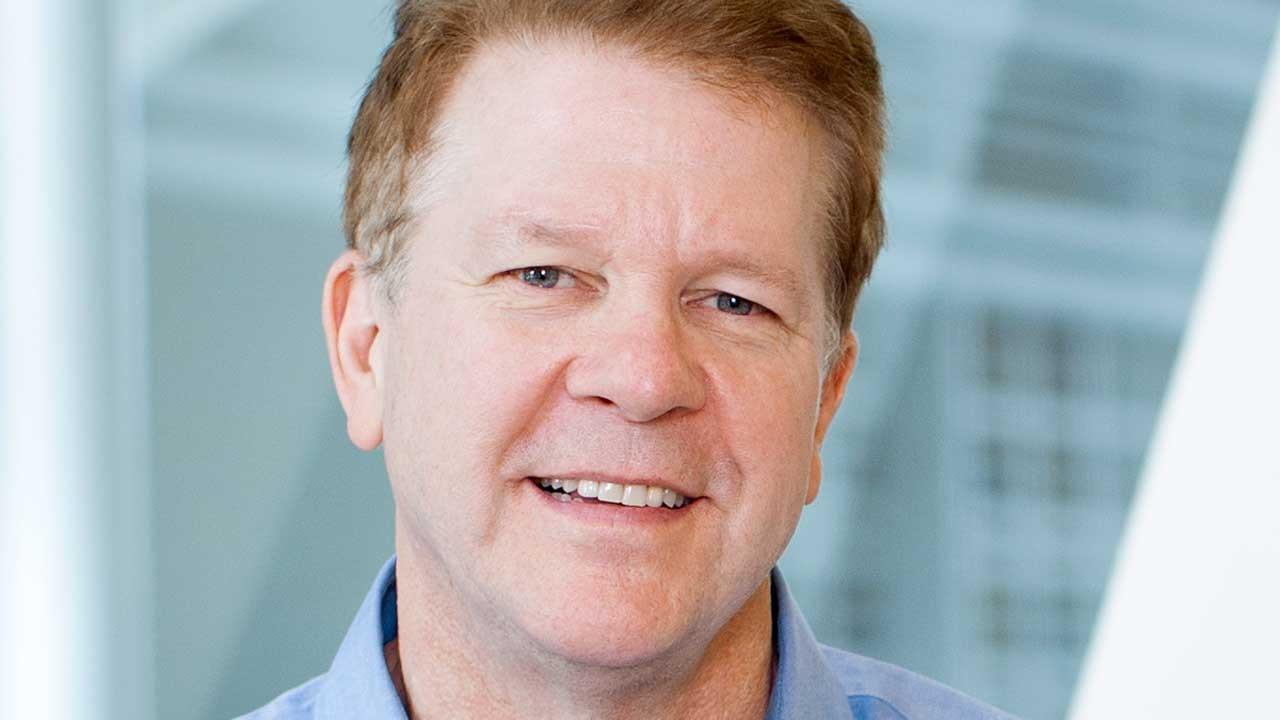
Fellow of the Royal Society and future President of the Royal Statistical Society, Sir David Spiegelhalter visits Dr Nicole Janz to discuss reproducibility in scientific publications.

$1000 to each of the first 1000 scientists preregistering their protocols with Nosek's Center for Open Science.
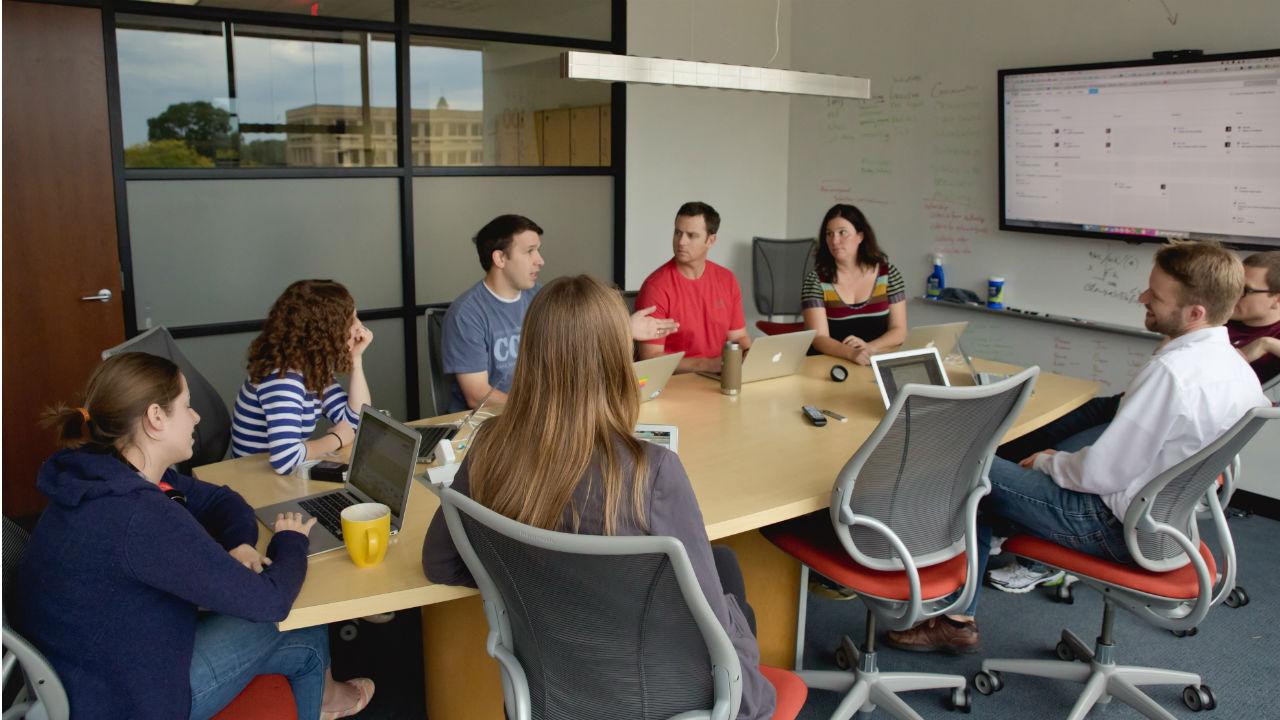
Replication studies are rare and only a few had their data included in a subsequent systematic review or meta-analysis.
Ask not what you can do for reproducibility; ask what reproducibility can do for you.
Meta Research Innovation Center at Stanford conference 2015 presentations on data transparency, open science, and reproducibility.
rOpenSci, whose mission is to develop and maintain sustainable software tools that allow researchers to access, visualize, document, and publish open data on the Web, has been awarded a grant of nearly $2.9 million over 3 years from The Helmsley Charitable Trust.
Though there are currently no mechanisms in place to quickly identify findings that are unlikely to replicate, this paper shows that prediction markets are well suited to bridge this gap.
Nosek et al. found that compared to simply asking experts to predict the likelihood that studies will be reproduced, asking them to bet money on the outcomes improved the accuracy of the guesses.
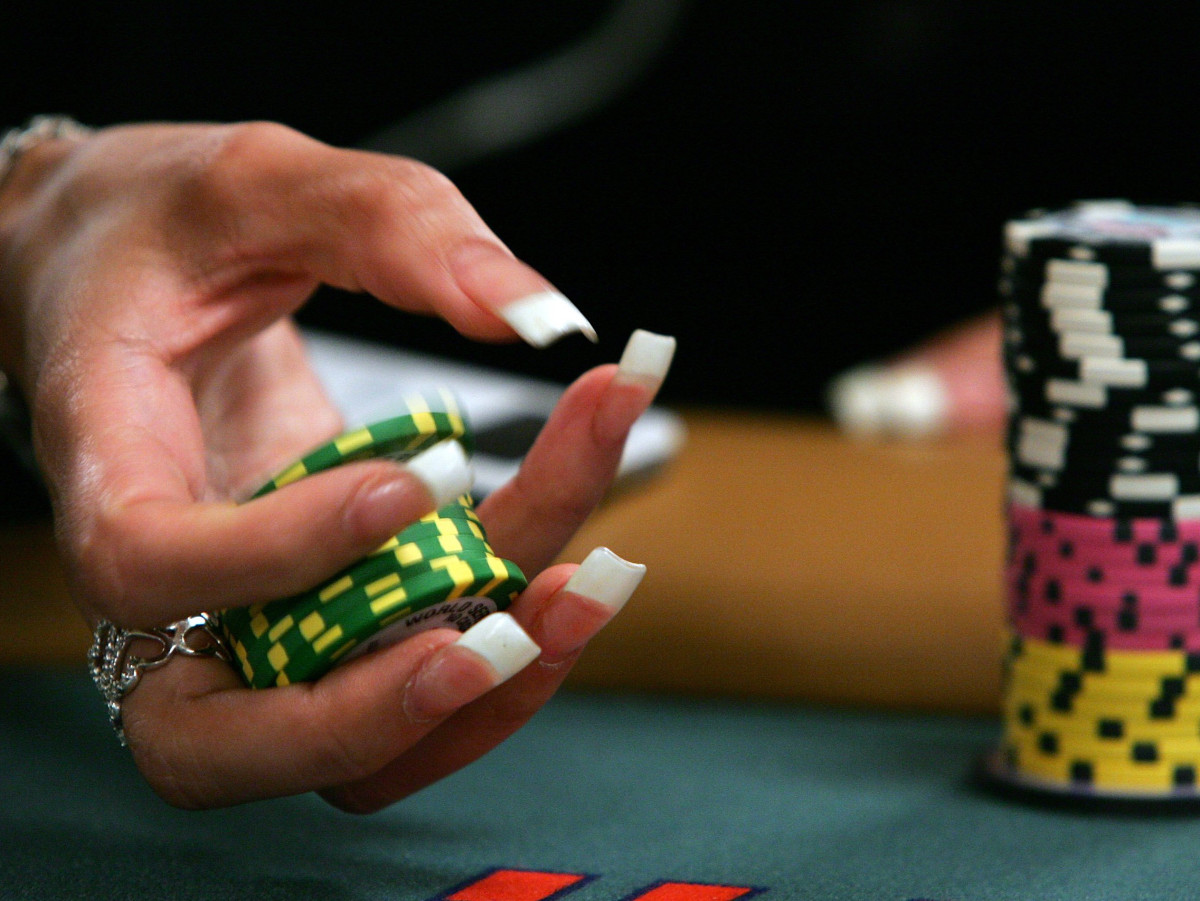
Biomedical research has faced criticism for being unreliable, but a report from the Academy of Medical Sciences might change all that.
Publishers should apply consistent policies to correcting the published literature and adopt versioning. The scientific community ought to encourage corrections.
Giving the same information to multiple scientific teams can lead to very different conclusions, a report published today in Nature shows.

Many scientists still not bothering to address an issue that undermines the reproducibility of research findings.

Laura and John Arnold, a Houston couple, have become the Medicis for "research integrity". They finance the Center of Open Science (COS) and the METRICS Institute led by J.P. Ioannidis at Stanford.
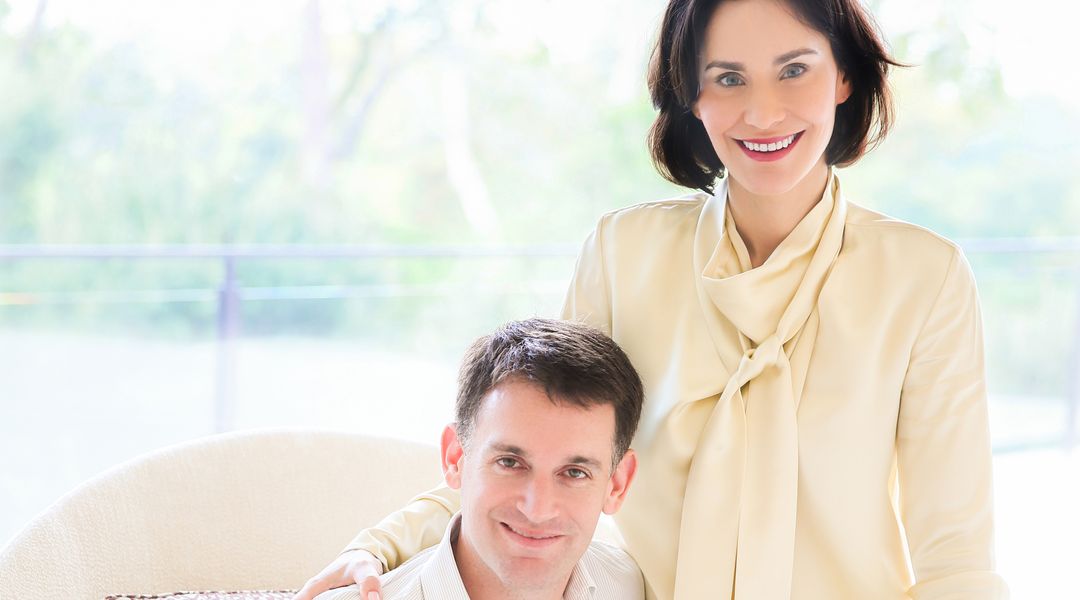
Humans are remarkably good at self-deception. But growing concern about reproducibility is driving many researchers to seek ways to fight their own worst instincts.

ReScience is a peer-reviewed journal that targets computational research and encourages the explicit replication of already published research, promoting new and open-source implementations in order to ensure that the original research is reproducible.
Tie funding to verified good institutional practice, and robust science will shoot up the agenda.
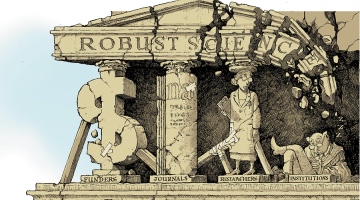
Failure to replicate is not a bug; it is a feature. It is what leads us along the path of scientific discovery.
What recent research says about fraud, errors, and other dismaying academic problems.

"If we’re going to rely on science as a means for reaching the truth — and it’s still the best tool we have — it’s important that we understand and respect just how difficult it is to get a rigorous result."
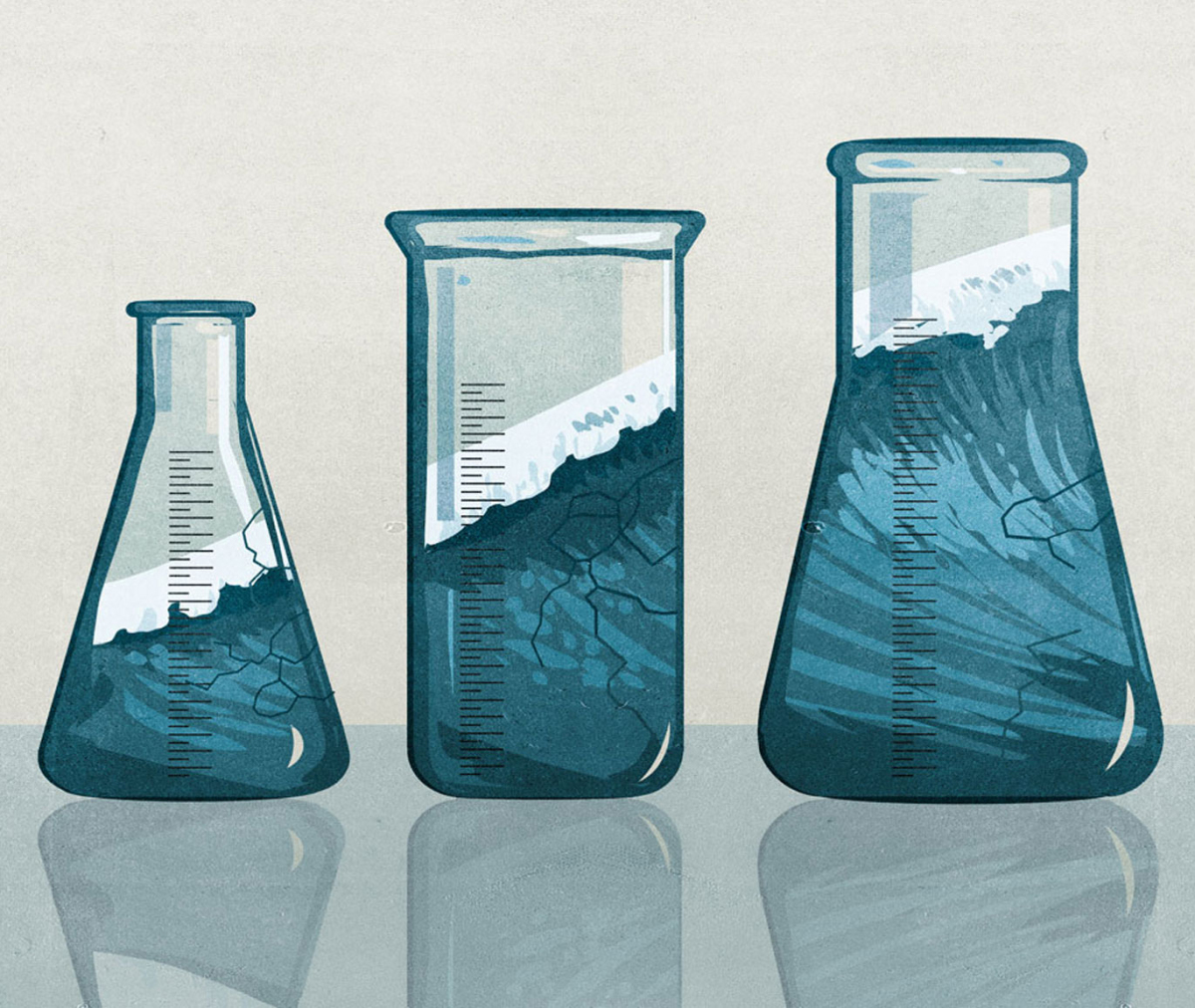
What if I told you that half of the studies published in scientific journals today - the ones upon which news coverage of medical advances is often based - won't hold up under scrutiny?

Scientists on social media debate a call to require PhD students to replicate research before they can graduate.

Is public money being thrown away on scientific research whose results won’t hold up to scrutiny?
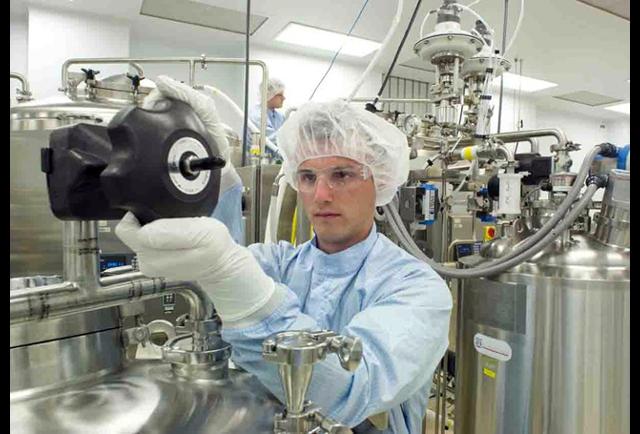
The difficulty in replicating research findings has been at the center of the attention in the specialized and lay press for a number of years and is more recently attracting the attention of the Administration and Congress.
Survey results released last week by the American Society for Cell Biology (ASCB) included an interesting nugget. Some 72% of respondents said that they had been unable to replicate a published experimental result. Yet a higher proportion (77%) said that they had never been told that their work could not be replicated.
Better communication between labs may resolve many reproducibility problems, according to [28]report.
